|
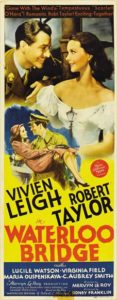
Synopsis:
During World War I, a ballerina (Viven Leigh) in London falls in love with an army captain (Robert Taylor) on leave, and they make plans to marry upon his return. When Leigh learns in the newspaper that Taylor has died, she and her roommate (Virginia Field) turn to prostitution to survive — but when Taylor suddenly appears live and well, Leigh must determine whether to tell him the truth about her recent past.
|
|
Genres, Themes, Actors, and Directors:
- Cross-Class Romance
- Dancers
- Mervyn LeRoy Films
- Prostitutes and Gigolos
- Robert Taylor Films
- Star-Crossed Lovers
- Vivien Leigh Films
- World War I
Response to Peary’s Review:
Peary writes that this “extremely well-made, extremely depressing adult romance” — based on a play by Robert E. Sherwood — is one which “Vivien Leigh fans — at least those who don’t mind watching her suffer for 75 minutes — have long held dear.” He notes that while “Sherwood’s play was sanitized quite a bit”, it was “still daring for the cinema of the day” and “may have been a warning to young women not to wander while their men are away at war” — though Leigh and Field, “who is really appealing as her roommate and best friend, play their prostitute roles with great empathy, so that we admire rather than look down on them.” Indeed, Peary points out that “more interesting than the undying love between Taylor and Leigh are the supportive relationships among the various women” in the film. He writes that while “director Mervyn LeRoy, never known for his handling of women, directs with great sensitivity”, the “picture belongs to Leigh, who is absolutely splendid, passionate as well as beautiful.” While Peary’s review accurately captures the many fine qualities of this romantic soaper — including Leigh’s performance, one of her first after winning an Oscar for Gone With the Wind — it’s ultimately too much of a downer to recommend for anyone other than fans of the lead stars. We can see where this one is headed, and it’s no place good.
Redeeming Qualities and Moments:
- Vivien Leigh as Myra
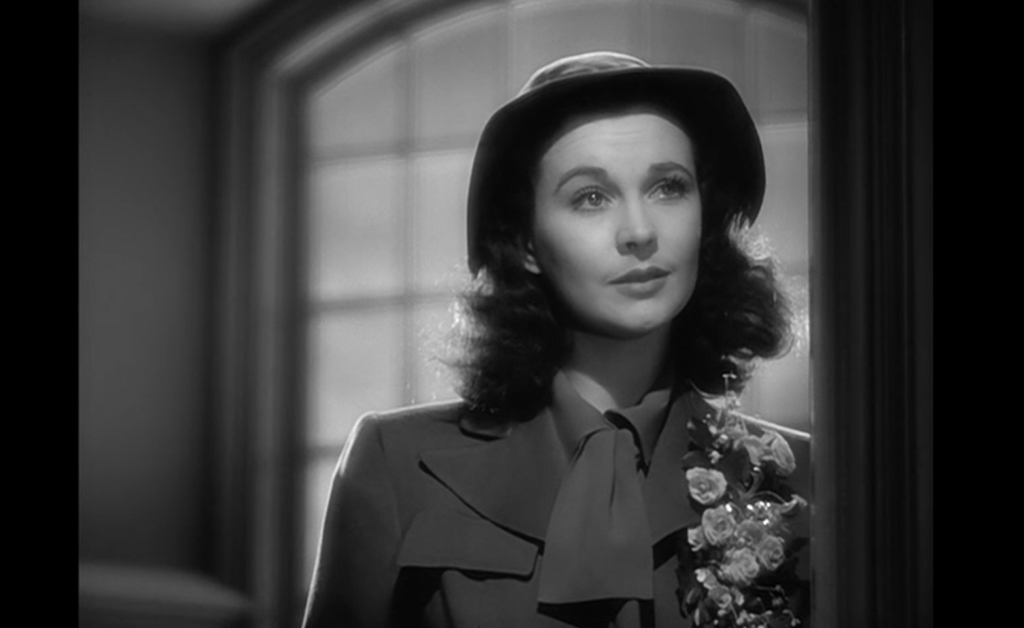
- Robert Taylor as Roy
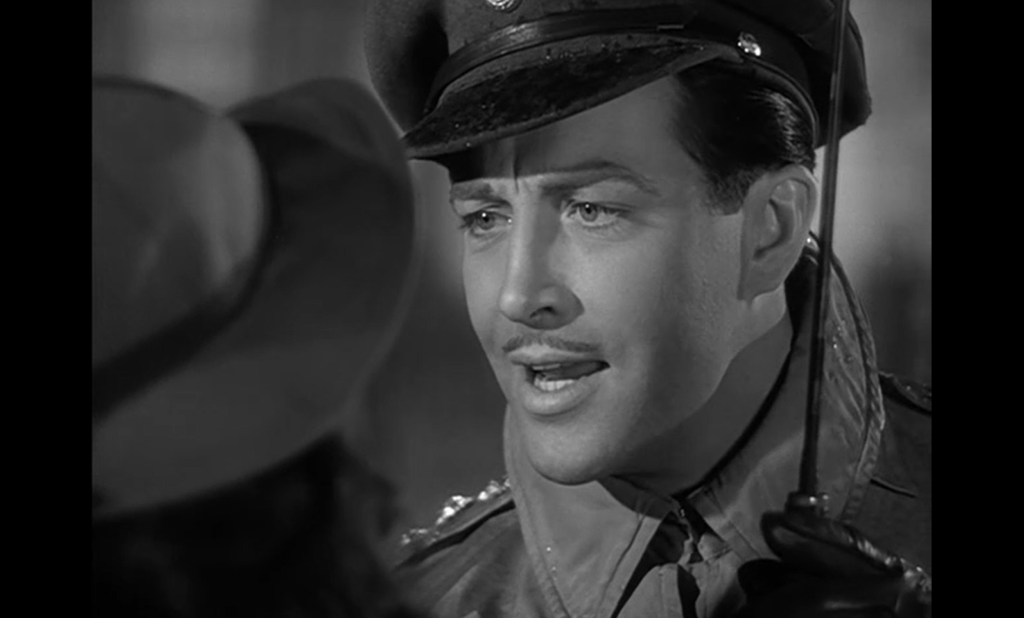
- Virginia Field as Kitty
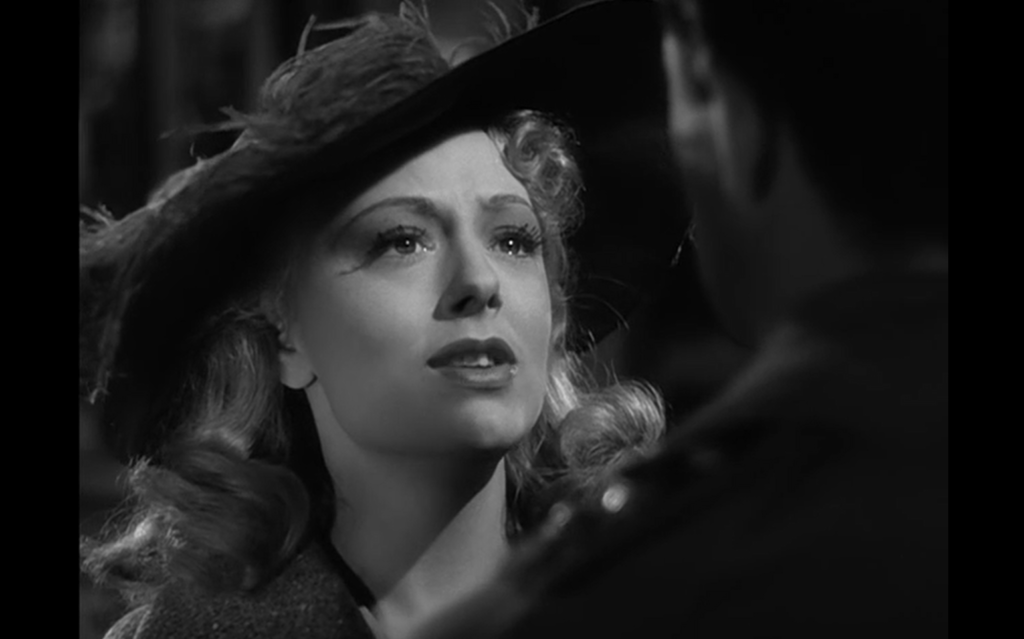
- Joseph Ruttenberg’s cinematography
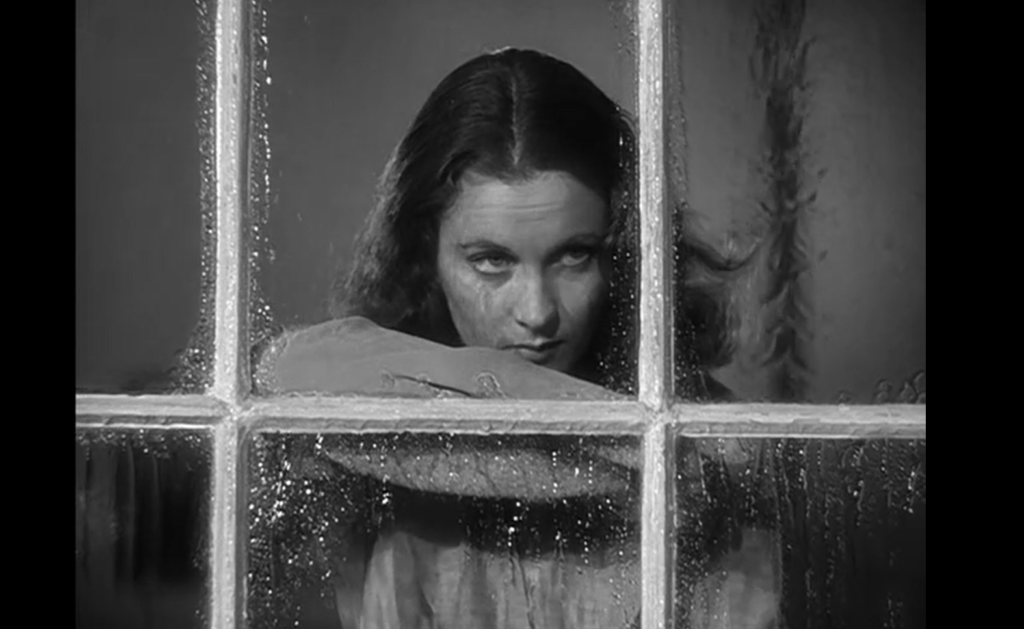
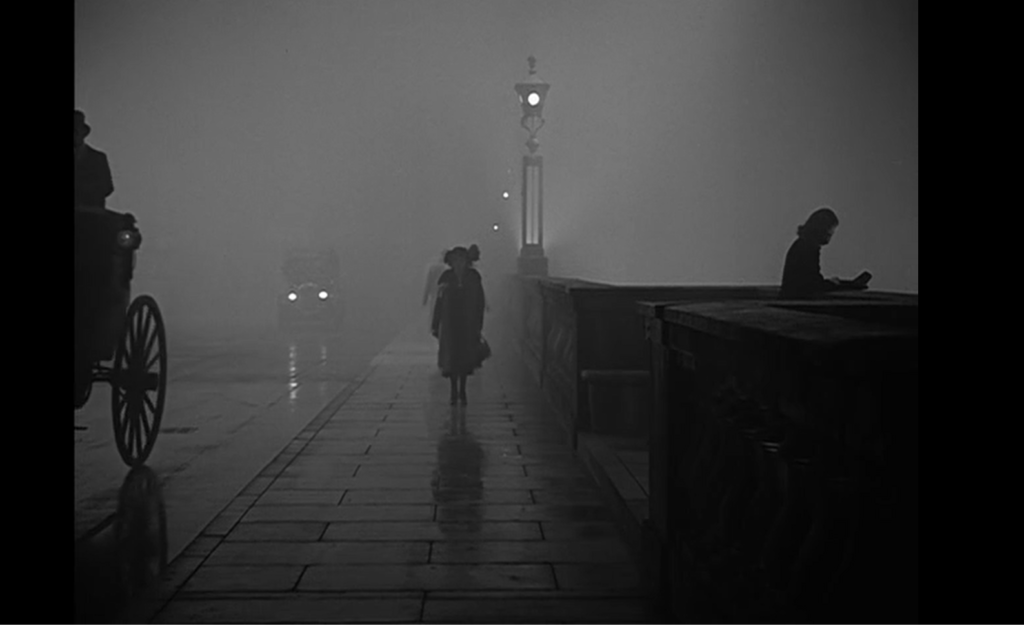
Must See?
No; this one is only must-see viewing for fans of Leigh or Taylor.
Links:
|
One thought on “Waterloo Bridge (1940)”
Agreed – perhaps only a once-must for Leigh / Taylor fans.
Re: “director Mervyn LeRoy, never known for his handling of women…”: Perhaps Peary meant “never primarily known…”. Though many of his films focus on men, LeRoy has nearly 80 film credits and Peary doesn’t seem to take into account (among others) ‘Three on a Match’, ‘Tugboat Annie’, ‘Random Harvest’, ‘Madame Curie’, ‘Little Women’ (remake), ‘The Bad Seed’, ‘Gypsy’.
Though I don’t consider this film must-see, I think James Whale’s unsanitized and gutsier 1931 version of ‘Waterloo Bridge’ is must-see for its place in cinema history – but Peary overlooked it.
As per my post in ‘The ’40s-’50s in Film’ (fb):
“Where do you *think* I’ve been getting it?!”
‘Waterloo Bridge’ (1940): Vivien Leigh and Robert Taylor in a squeaky-clean war-time romance, pure and simple. For the full first-half, anyway.
Remember that time, during the war, when we all had to turn to prostitution because we were hungry and broke, and there were no jobs to be found, and we thought our boyfriends were MIA or something? Oh, c’mon, we *all* did it, don’t act so innocent! …Well, this is that story so we can all relate.
What we maybe can’t relate to is the propriety of the time period… when you couldn’t even be a ballet dancer without people thinking you were a slut. And if *that* weren’t enough, your ballet company director was probably some frustrated bag who thought she *owned* you and was never pleased! (“Your arabesques were jumpy – they were positively epileptic!”)
So this film is all love, roses and rainbows… until it isn’t… because of war, poverty, turning tricks (a lot) – and the mind-games that an old-fashioned society can cause.
This is a remake of the 1931 version that James Whale directed – which was pre-Code. Offhand, I don’t recall how ‘racy’ the pre-Code version may be… but, in the remake (if you notice), no one ever actually *says* what it is… exactly… that got Vivien through the war!